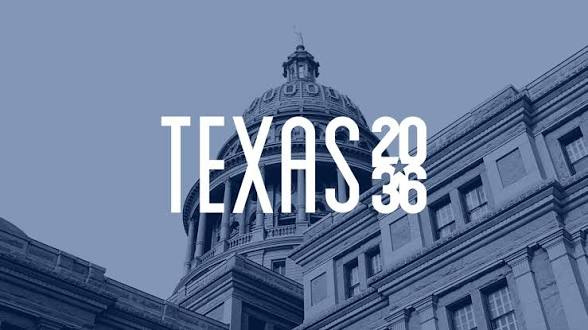Texas 2036: A “Nonpartisan” Think Tank with Deep Establishment Roots
Texas 2036 markets itself as a forward-looking, data-driven, nonpartisan organization preparing the state for its 2036 bicentennial. Scratch the surface, however, and the group looks less like an impartial public-policy shop and more like a well-funded extension of the same Texas establishment machine that dominated state and national politics in the ea…


